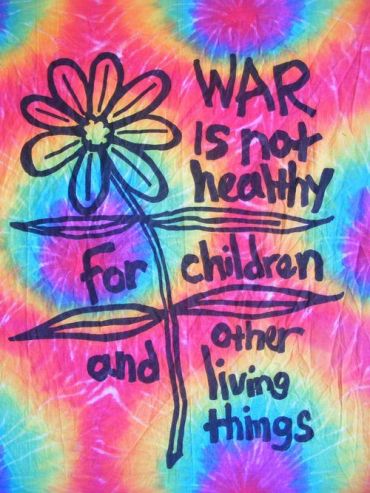
I’m at a café on the oceanfront this morning. It is in the teens outside with a wind chill of not yet in the teens. From this table with tea and hot scrambled eggs, I can see as far as one can see; the air is clear, and except for a few surface clouds on the horizon just before dawn, the sky is completely blue.
There’s a clear riptide, otherwise the water is relatively calm for such a blustery day with changing weather patterns. Gulls all gathered right along the break line, and I swear it looks like they’re daring each other to go in the water and get some breakfast. One osprey did dive, came up with a small fish in its claws and carried it to the rooftop above me.
The server brought more hot water and juice. How easy it is to enjoy this vista from inside a glass wall sitting above a heating vent drinking peppermint tea.
But earlier, I went out for a walk on the boardwalk. A few joggers—clearly members of one of the SEAL teams judging by their physique and t-shirts and indifference to the weather—passed with a kind “good morning sir.” I’m at the age everyone calls me “sir.” I walked about four miles and couldn’t keep my eyes off the deep blue Atlantic, inviting and powerful. It looks the same from in here as it does when it is hot outside, except for the foam gathering along the beach where sea-spray is freezing as fast as it forms.
On a January day not unlike this one, though probably a bit warmer, I was out on the water just off the north end of the beach between the Cape Henry and the Cape Charles lighthouses in the mouth of the Chesapeake with my Dad.
We went whale watching. Early one day decades ago Dad and I decided to get up early and drive to an inlet at the beach and board a boat with about twenty other freezing people. We stood on the bow for forty minutes without ever so much as seeing a single whale. We decided it was just a beautiful day to be out there, to see the coast from a distance and enjoy the ride. We even laughed about the time I was supposed to go whale watching but didn’t. I lived in Massachusetts, and the family threw Dad a surprise party for his sixtieth birthday in Virginia Beach.
On the phone one day I told him I was heading up to Maine to go whale watching that weekend, and he was so happy for me. “Oh boy, that should be something,” I can hear him saying with earnest excitement. The truth was I was flying south to surprise him along with my siblings and a plethora extended family and friends. When he walked in the door he was indeed surprised and touched and laughed in great joy with each person he saw. He said to me, “I thought you were whale watching!” and I swear he sounded a bit disappointed. When I assured him I would still be going when I got home, he seemed relieved. I didn’t understand this too much until I was a father, my own son telling me about things he planned to do.
When Dad and I went whale watching together here, my son had not yet been born, and we rode on the bow, holding the rail and watching gulls gather in the wake. We had this in common, the love of nature, the beauty of the world around us. It was something we talked about, whether it be bird-watching in his backyard or the looking at the ocean while sitting in a restaurant. Even when I lived in the west and again in New England, I’d call him and tell him of my desert hikes or mountain climbs and he loved hearing about them.
On the boat that day, a lady next to us saw it first; a young humpback whale breached the surface just off the starboard side. This majestic wonder didn’t completely come out of the water, but for five minutes surfaced enough to put on a performance I’ll never forget. I didn’t have to convince Dad how much I enjoyed this trip.
It’s quiet today; I’m the only customer right now. Out on the horizon a few container ships are heading to or from the port, and a few fishing vessels are heading back to the docks. The sun is ineffective this morning as it isn’t helping warm the air at all.
I wonder what whales are out there now, just below the surface, feeding in the mouth of the bay. Humpback whales live to be fifty or sixty years old. Is it possible the one Dad and I saw is still out there, entertaining another father and son trying to get closer to nature, closer to each other?
It is beautiful to think so.

























